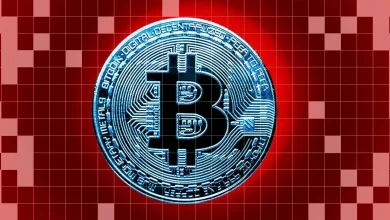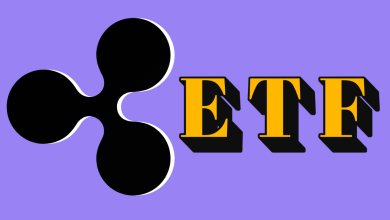
The Future of Bitcoin as a Strategic Reserve Asset
The world of digital currency is abuzz with speculations about Bitcoin’s potential to become a strategic reserve asset for the United States, akin to gold. This conversation gained traction when former President Donald Trump suggested that the U.S. might consider holding and expanding Bitcoin reserves as a "Strategic National Bitcoin Stockpile." This concept, while still in its nascent stages, is gaining popularity as more individuals begin to see Bitcoin as a viable and safe investment option.
The Potential of a Government-Held Bitcoin Reserve
Although the idea is still theoretical, many are intrigued by the implications of a government-held Bitcoin stash. A Bitcoin reserve, much like the U.S. Strategic Petroleum Reserve, could serve as a financial buffer, possibly stabilizing the economy during periods of inflation or market volatility. Proponents of this idea argue that Bitcoin’s capped supply and independence from traditional financial systems render it an excellent hedge against inflation, similar to gold.
Key Factors Driving Bitcoin’s Popularity
In a recent video analysis by an Altcoin Daily analyst, the factors contributing to Bitcoin’s upward trajectory were explored. The prospect of the U.S. government acquiring Bitcoin in significant quantities could spark a substantial increase in demand. This demand surge might propel prices higher by reducing the number of Bitcoins circulating in the market.
Additionally, Senator Cynthia Lummis’s Bitcoin Act proposes that the U.S. government could amass up to 1 million Bitcoins over the next five years. This strategy aligns with current trends, as evidenced by BlackRock’s Bitcoin ETF recently surpassing its gold ETF in popularity. This shift indicates that major investors are increasingly viewing Bitcoin as digital gold.
The Regulatory Landscape and Its Impact
One of the primary obstacles that have historically hindered Bitcoin’s growth is the presence of restrictive regulations. The Securities and Exchange Commission’s (SEC) stringent policies have significantly impacted the entire crypto industry. However, with recent political shifts, such as Trump’s victory, there are early signs of a regulatory pivot in the U.S.
Recent legal battles, like Grayscale’s case against the SEC, suggest that crypto regulations may soon become more equitable and transparent. Meanwhile, political support for cryptocurrencies is gaining momentum in Congress, where pro-crypto advocates now hold more sway than ever before. This growing support could pave the way for legislation favorable to the crypto industry.
The Role of Political Support in Shaping the Future
Coinbase CEO Brian Armstrong expressed optimism that the pro-crypto Congress could finally deliver the regulatory clarity that the U.S. crypto sector has long been seeking. With over 200 pro-crypto candidates elected, the path to supportive regulation seems nearer, potentially unlocking the true "price discovery" phase for Bitcoin as it becomes more integrated into mainstream finance.
Bitcoin’s Surge: A Response to Market Dynamics and Political Changes
Bitcoin’s recent price surge is not solely driven by market enthusiasm—it also reflects these political and regulatory developments. Should Bitcoin be recognized as a reserve asset, it could mark a pivotal moment, positioning digital assets as a crucial component of national economic planning by 2025.
In conclusion, as discussions around Bitcoin’s role as a strategic reserve asset continue to unfold, the interplay of market dynamics, regulatory shifts, and political support will be critical in shaping its future. The transformation of Bitcoin into a recognized reserve asset could herald a new era for digital currencies, establishing them as a significant force in global economic strategy.






